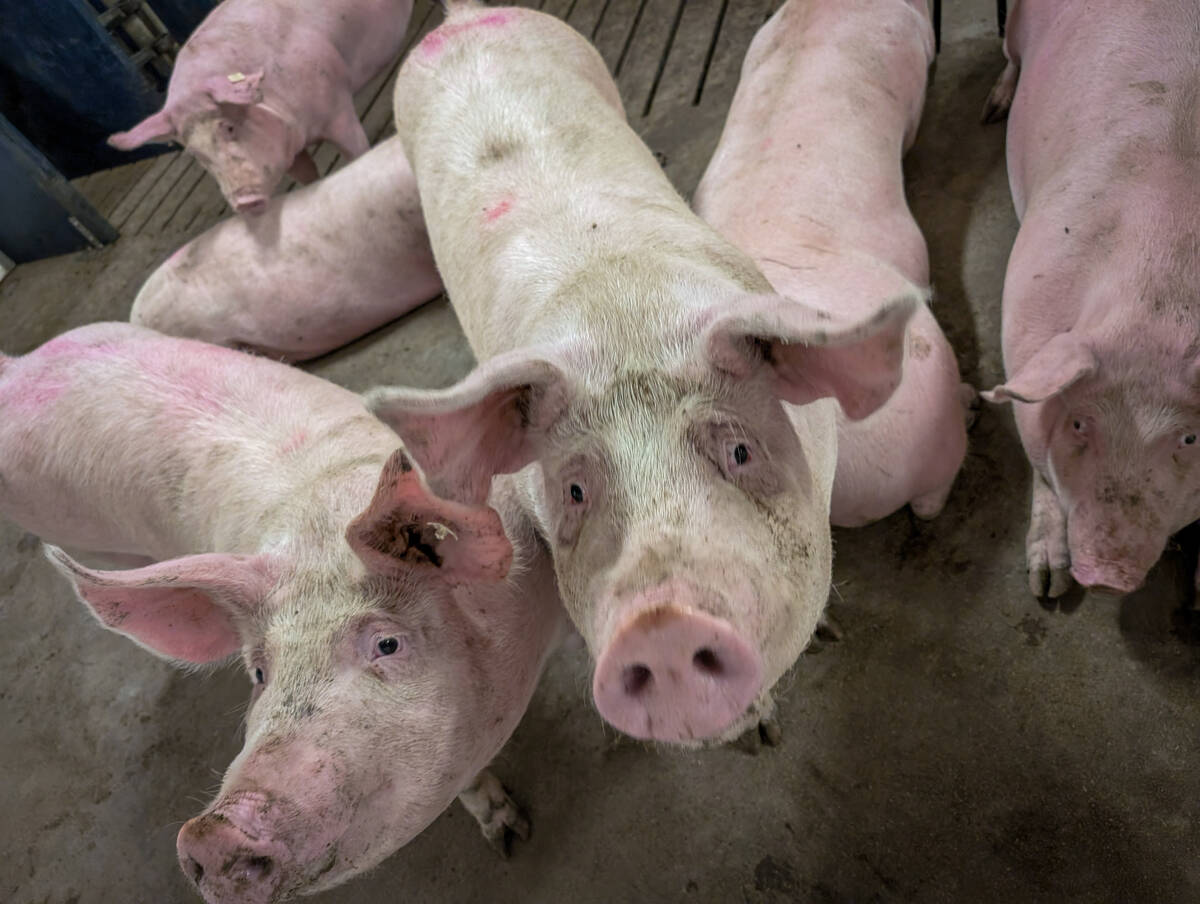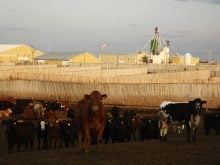All Alberta meat processing and slaughter facilities will have achieved
a new set of food safety standards as of January 2002.
“It includes all places where primal cuts are reduced to steaks or
sausage,” said Cliff Munroe of Alberta Agriculture.
“It doesn’t include retail stores unless the retail outlet is cutting
and wrapping meat. It does not include restaurants.”
A comprehensive review was launched in 1997 for all provincial
facilities where animals are killed or meat is processed to provide
Read Also

Pork sector targets sustainability
Manitoba Pork has a new guiding document, entitled Building a Sustainable Future, outlining its sustainability goals for the years to come.
consistent standards in sanitation and food-handling procedures.
A meat facility standards steering committee guided inspectors to
ensure compliance was implemented.
Teams consisting of a food safety systems specialist, provincial meat
inspector and public health inspector assessed all provincial plants to
ensure they met required levels.
Under the new standards, all meat sold to the public must come from an
inspected facility. While farmers may continue to cut and wrap their
own meat, it is illegal to sell meat to the public unless it has been
inspected.
Some provinces, like Saskatchewan, allow uninspected farmgate sales.
Alberta’s program is part of a national strategy between the provinces
and the Canadian Food Inspection Agency.
The CFIA is reviewing a code of practice for a national meat inspection
program.
“All provinces realize they have to get on board,” Munroe said.
Alberta initiated its program after the departments of health and
agriculture agreed to amalgamate inspections under one set of standards
and regulations.
Abattoirs, for example, came under the agriculture ministry’s
jurisdiction while the health department checked facilities producing
processed meat such as sausage and sandwich meat.
Alberta has 52 red meat plants, four poultry plants and another 80
poultry plants run by the province’s Hutterites. The province also
licenses 85 mobile butchers.

















